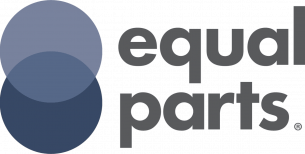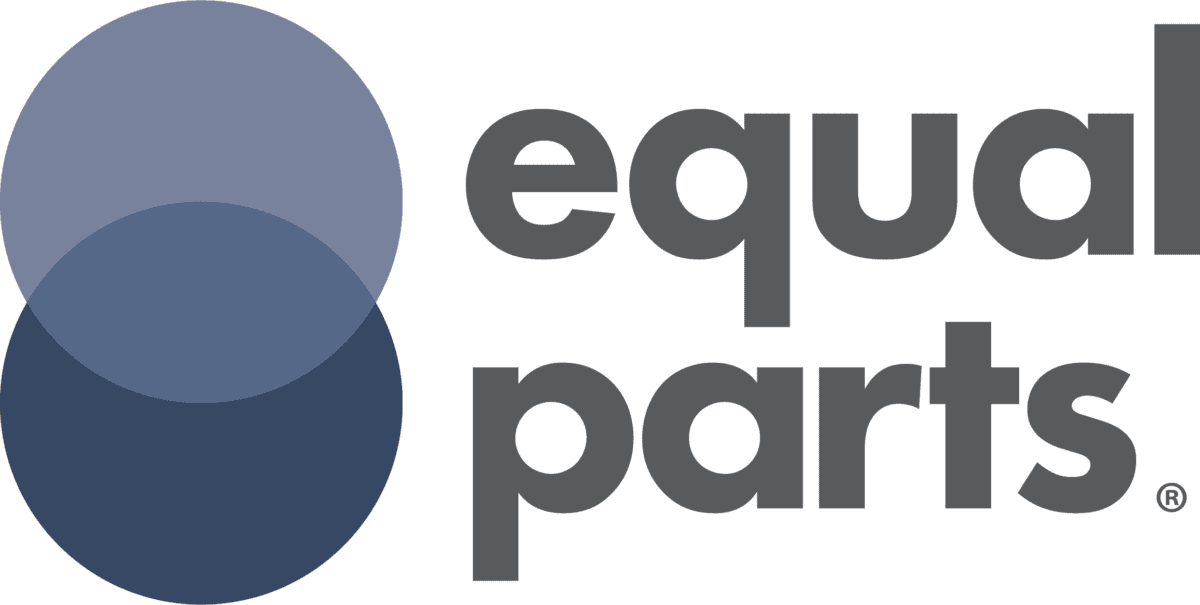Collaboration and team-building are essential to any company’s success. Professionals must feel comfortable working together. They must also have a genuine desire to assist each other to learn and grow as employees and individuals. Focusing on a common goals results in effective time management and increased collaboration. In this second installment in our three-part series, we’ll explore how sharing goals and ideas contributes to employee development and benefits workplace culture.
You can create a collaborative environment to improve your performance management through defining expectations, demonstrating measures for success, and creating accountability.
Define Expectations
Just as you wouldn’t take a road trip without some idea of your itinerary and destination, you can’t expect employees to get on board with a plan unless they’re aware of the details and reasons behind it.
Begin by demonstrating to each employee how their individual efforts factor into the end goals. Define the purpose and mission, explain how metrics were created, and discuss goals and how to achieve them. Clearly communicate what the expected results are and the role each employee plays in reaching those objectives. When employees know what the need to do to ensure success, their performance will improve.
One way to establish clear communication and productivity is by creating a team charter. Designing a charter together fosters a sense of team building and collaboration. In addition, when workers have input on how the defined goals will be reached, they’re more likely to ensure their individual work contributes to this purpose.
The team charter should be easy to read and understand, and cover project details such as:
-
Purpose
-
Mission and Objectives
-
Team and Individual Roles
-
Expectations
-
Resources
Demonstrate Measures for Success
Effective performance management involves leveraging each employee’s full potential. Workers aren’t able to live up to expectations unless they have a good idea of what needs to be accomplished. This process begins with making sure measures for success are clearly communicated. Once workers have been briefed, schedule regular discussions to ensure each employee is on track to meet their deliverables.
As part of this process, it’s important to be specific. Rather than just saying you want to increase employee motivation and engagement, understand how this goal will be accomplished. For instance, you’ll use employee engagement survey results and turnover rates to gain insight into the effectiveness of your performance management processes. You’ll also scour performance reviews to gain further insight.
Create Accountability
Employers will match their work ethic and enthusiasm to that of the people in charge of projects. They’ll also expect leadership to acknowledge the team effort that goes into completion of work. You should give credit where credit is due and accept responsibility for errors caused by lack of communication and transparency.
One way to foster a culture of accountability is through project management software. These platforms keep everyone on the same page and allow team members to ask questions, receive clarification about items that may not be straight-forward, and share status updates and progress reports.
To achieve performance management success, you must put a priority on sharing in terms of ideas and information. We pride ourselves on working with companies to improve team collaboration and eliminate disruption and inefficiency. Contact Equal Parts today to see how we can help your organization grow!

